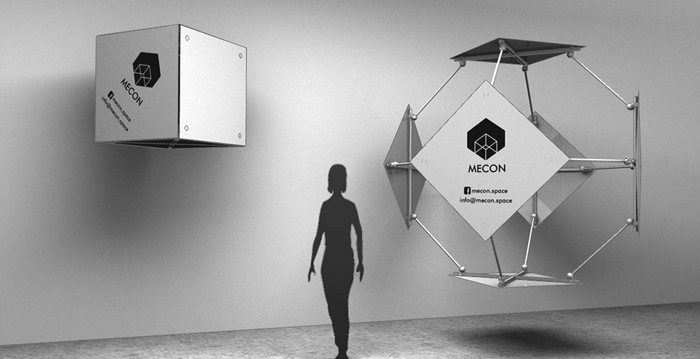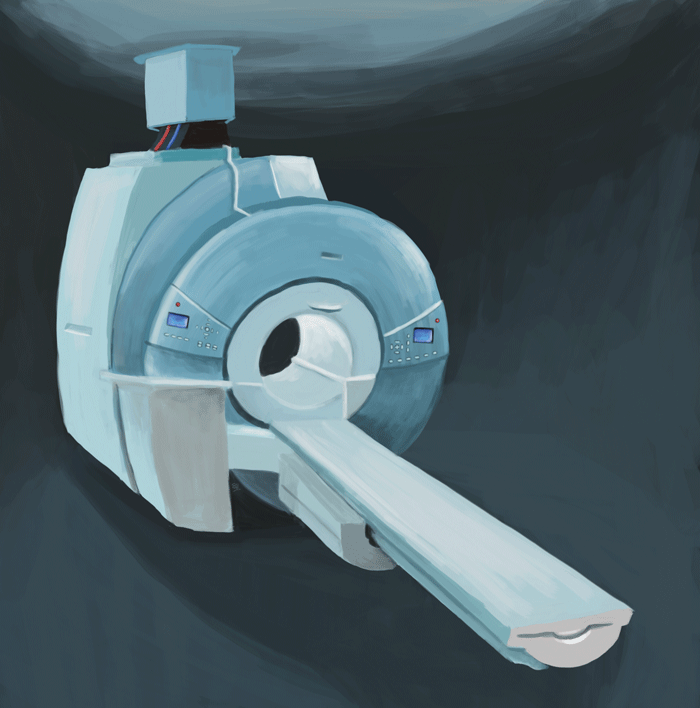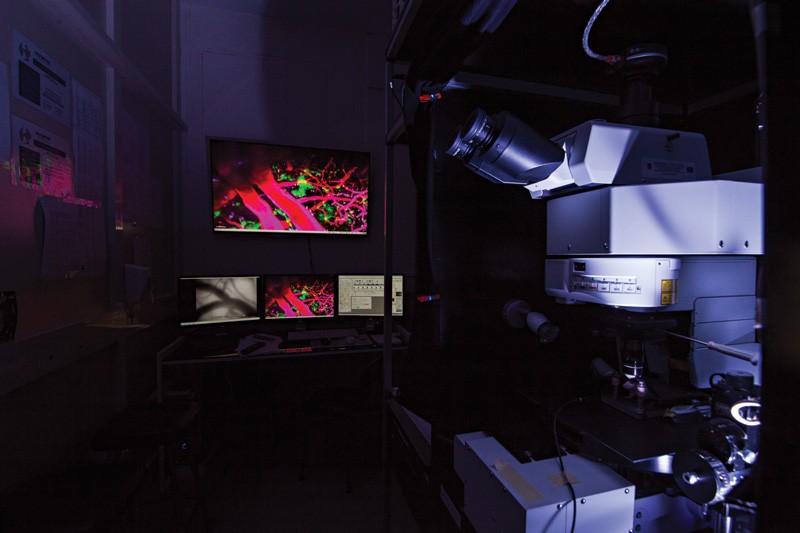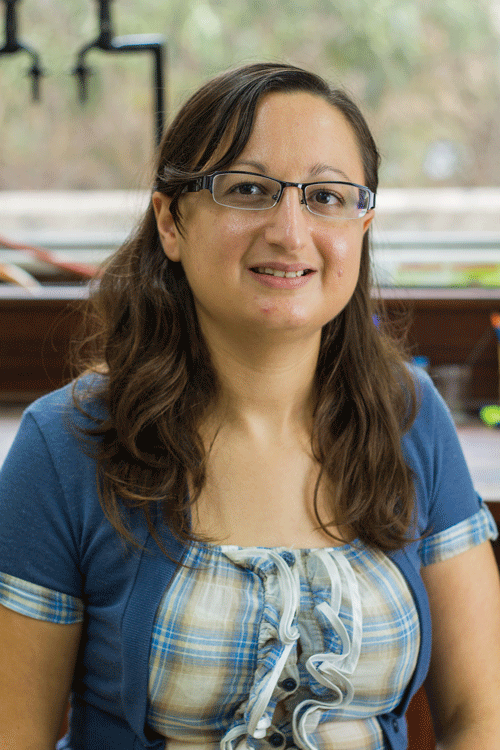Move over Minority Report
TECH NEWS by Ryan Abela
In 1964 a very clever engineer, called Douglas Engelbart, invented a tiny device that changed the whole concept of how we interact with machines. By moving the device, a pointer on a screen moved, while tapping a button with your finger would cause an action. I’m talking about the mouse—a device now taken for granted—but back in its inception it had revolutionised the way we instructed machines. Instead of giving commands through a keyboard, the mouse made it possible to work in 2D.Continue reading
Don’t Think — July 2015 Edition
Seeing the unseeable
Unlocking the mysteries of the brain with MRI. Everything we think, say, or do depends on our brain. It is the most vital organ of our body but one of the least understood. Recent advances are changing things. With magnetic resonance imaging (MRI), scientists and researchers are getting an inside look into what makes us tick. Cassi Camilleri speaks to Dr Sonia Waiczies Chetcuti, Dr Helmar Waiczies and Prof. Kenneth Camilleri about their vision for experimental MRI in Malta. Illustrations by Sonya Hallett.
Of Mice and Microscopes
Colour Chemistry in Water
Written by Maria Cardona
Atmospheric carbon dioxide (CO2) levels have increased dramatically in the last few decades. Famous for causing global warming, CO2 is also resulting in the acidification of seas and oceans. This disturbs the rich life of the marine ecosystem, which affects human communities dependent on this environment for their livelihood. For islands like Malta and Gozo, this problem is particularly important. This ‘silent crisis’ has attracted the X-prize Competition organisers who have set a $2 million dollar prize to be awarded to anyone that can develop stable, inexpensive, and precise acidity (pH) sensors to help understand the acidification of marine environments. At the same time, a European COST initiative (Supramolecular Chemistry in Water) is encouraging the design of water-soluble molecules which can recognise analytes. Most chemical sensors do not perform well in water.Continue reading








